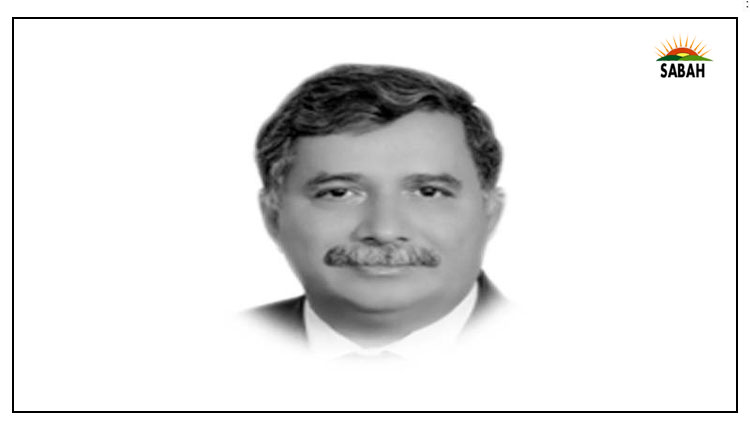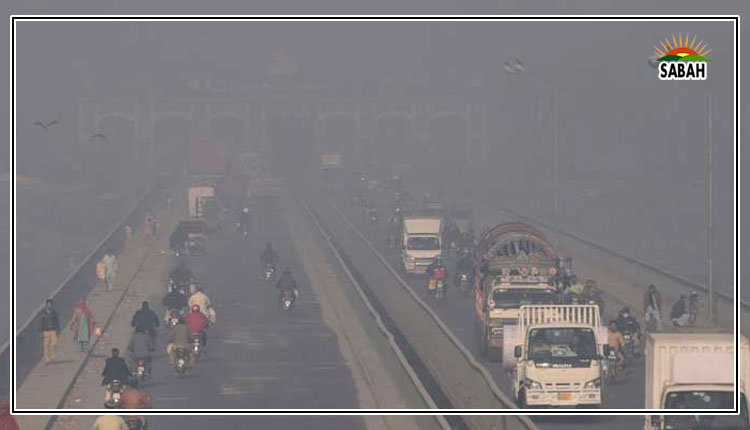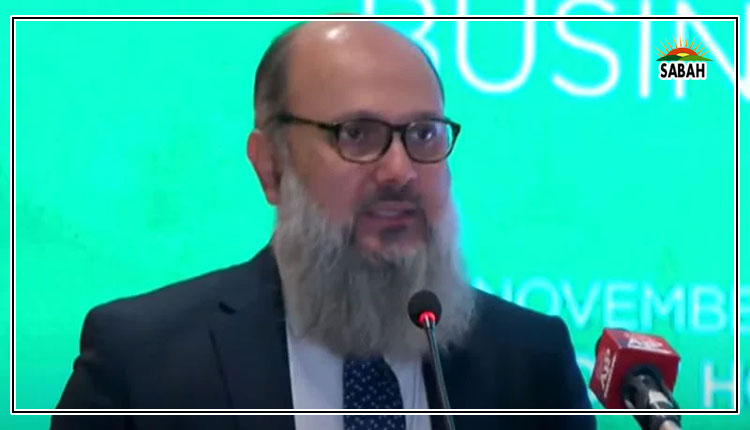Independence from Churchill’s hex…Jawed Naqvi
INDIA and Pakistan are celebrating their Independence Days this week, supposed to be a reminder of the end of colonial rule over the local populace in August 1947.
Had Jinnah been watching the revelry on both sides from a vantage point he would have patted himself on the back for correctly anticipating a Hindu-majoritarian India flying off the handle just as he had feared. But he would not be any less dismayed by the sustained subversion of his own dreams he saw for Pakistan by fellow Pakistanis.
Gandhi would have found his killers being celebrated as heroes. Nehru would be discovering an India he had but seen in his nightmares.
Had the early votaries of Pakistan seen Messrs Ayub, Yahya, Zia and Musharraf taking pot shots at their sacrifices, many if not all would have winced, if not given up on the project altogether. Indian dreamers are long used to witnessing the mauling of their hopes, for example, in Manipur today, or Kashmir or other brutalities being perennially inflicted on fellow citizens by an increasingly delinquent state apparatus and its hatchet men.
Now the battle lines are redrawn to target fellow citizens as the truer enemy.
In a way its not such a terrible idea that nationalism is baring its fangs and claws today. The misplaced romance needed to abate sooner or later. The independence from a colonial power was soon to be a thing of the past. Now the battle lines are redrawn to target fellow citizens as the truer enemy.
Two parties in Pakistan, both bruised and scalded by their experience with the mighty state institution, seem to be seeking its dubious assurance to isolate a third leader. In India, the ruling dispensation has called for a Congress-free nation and if possible, stripping an entire community of its citizenship rights.
For many, it took a while for the illusion to be dispelled, but the sharp intellects of Manto and Faiz did not waste time to recognise the flawed notion of freedom they were handed, which they successfully persuaded many to see as little more than a mottled dawn.
A former Pakistani diplomat in India laid bare her thoughts thus on Facebook the other day: We once needed a country fit for the community. Now we need a community fit for the country. It would be useful to remember also that even the Palestinians have an assigned Independence Day (Nov 15) though the fervour they would be celebrating it with is difficult to divine.
Independence Day celebrations of late require plenty of patience from those still interested in hearing another mealy-mouthed promise the prime minister would make from the Mughal-built Red Fort. The day, however, helps street children sell plastic versions of the national flag, which many strap on to the hood of their cars or bicycles.
In several ways, in the decades that followed 1947, Indians have struggled to prove Churchill wrong on at least two counts. He said he could see 50 different countries in India. And he believed that Indians would be at each others throats following freedom from British rule. Himself an arch racist, Churchill, however, may have expressed his apprehension insightfully but pinned it on the wrong party. He was too obsessed with Gandhi and Nehru and too full of invectives for them to notice that his fear of a troubled post-independence India went better with the shadowy Hindu right, Lets call it a failure to spot kindred spirits.
Pouring vitriol on Labours accommodation with the idea of Indias dominion status in March 1931, Churchill was furious. If that [British] authority is injured or destroyed India will fall back quite rapidly through the centuries into the barbarism and privations of the Middle Ages, he told the party meeting at Albert Hall. Churchill saw the Congress for what it was envisaged as: a club of intellectual elite, not a mass movement it became under Gandhi.
He warned against the Brahmins taking over, which one associates with the revivalism led by Tilak and internalised by the Hindu Mahasabha and the RSS. But it was Nehru in his cross hairs. Already Nehru, his [Gandhis] young rival in the Indian Congress, is preparing to supersede him the moment that he has squeezed his last drop from the British lemon, he said. That opinion would change by 1955, when Churchill described Nehru as the light of Asia, and a greater light than Gautama Buddha.
Why was Churchill so wary of Indian Brahmins? Was his assessment rooted in fact? To abandon India to the rule of the Brahmins would be an act of cruel and wicked negligence. It would shame for ever those who bore its guilt.
It would take the joint effort of Ambedkar, Nehru and Gandhi to ensure that Churchills fears remained misplaced, at least in their lifetime. And yet, there was a palpable truth in Churchills apocalyptic notion of a postcolonial India that would reveal itself as a hex, a curse.
He was wary of the Muslims readiness to take up arms at will. While the Hindu elaborates his argument, the [Muslim] sharpens his sword an apt and prescient description for the unfolding bigotry and religious violence the community has inflicted mostly on each other. Setting out to become free of British rule, it can be comical (when it is not blood and gore) for the more ignorant Hindus and Muslims to make sense of their prejudices with each other.
In a TV discussion not too long ago, a staunch vendor of Hindu nationalism goaded an Urdu-speaking Muslim participant to recite Vande Mataram as many of Indias freedom fighters did with the Sanskrit poem from a Bengali novel of 1870. The Muslim invited his tormentor to take the lead and promised to follow. The nationalist was caught off guard and found himself sputtering and stuttering lines that had no link with the original song. Churchills hex continues to take its toll more than seven decades after independence.
Courtesy Dawn










